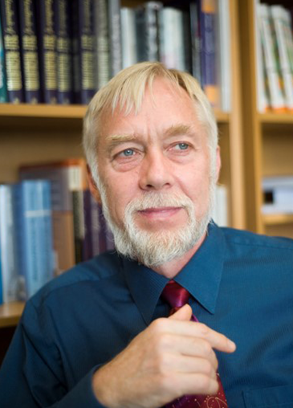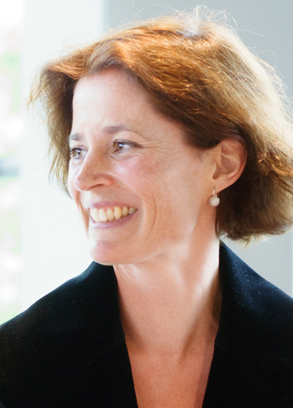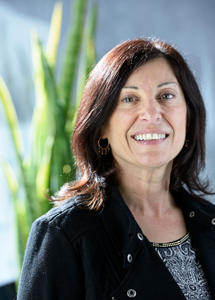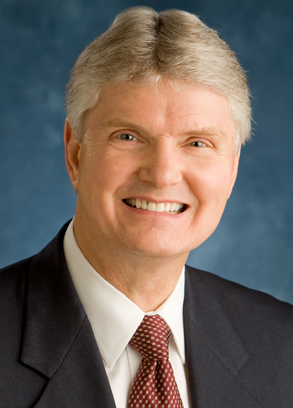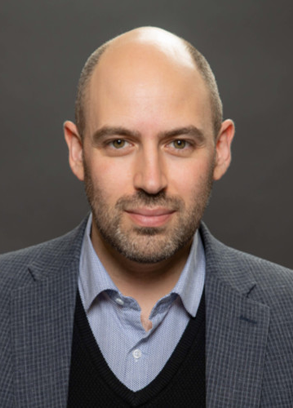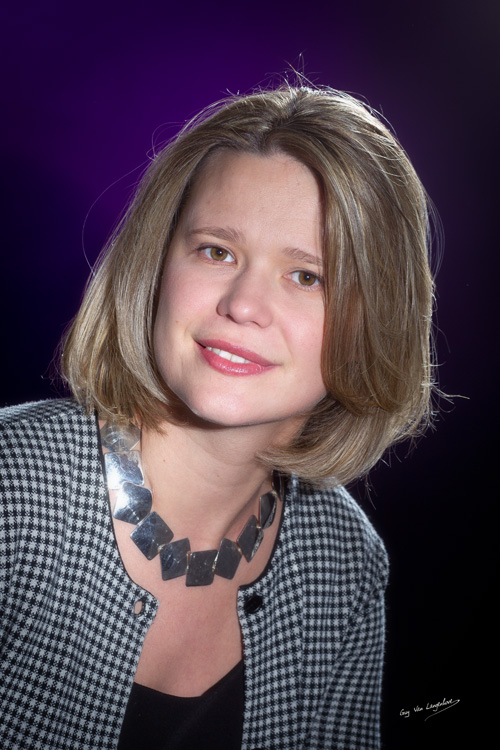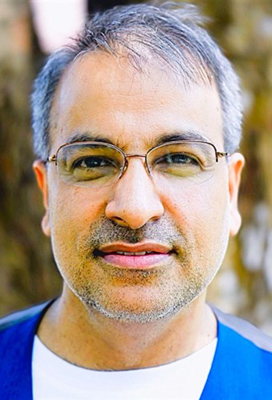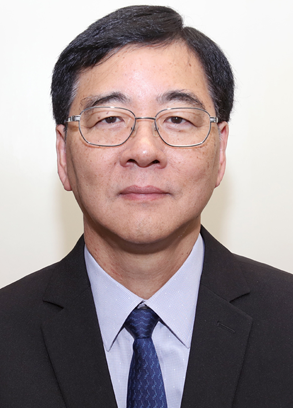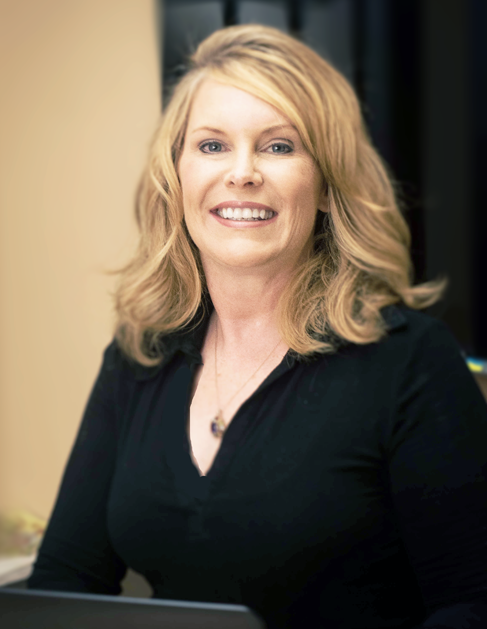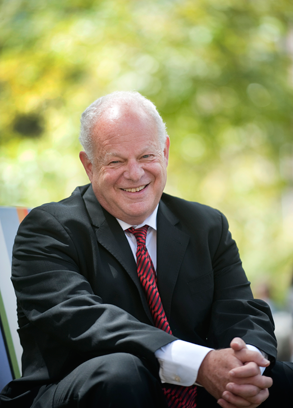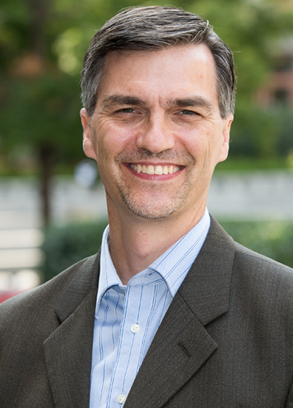Past assignments include serving as Associate Dean of Executive Education for the Ross School, serving as Dean and Albert J. Weatherhead Professor of Management in the Weatherhead School of Management at Case Western Reserve University, and Associate Dean and Ford Motor Company/Richard E. Cook Professor in the Marriott School of Management at Brigham Young University. He has also served as a department chair at the University of Michigan, and served on the faculties of the University of Wisconsin-Madison and Ricks College.
Dr. Cameron organized and directed the Organizational Studies Division of the National Center for Higher Education Management Systems in Boulder, Colorado. He helped co-found the Center for Positive Organizational Scholarship at the University of Michigan, which in 2012 was awarded the Research Center Impact Award by the Academy of Management. This award recognizes researchers/ research centers that have made a major impact on real world management practice.
Dr. Cameron’s past research on organizational virtuousness, downsizing, effectiveness, quality culture, and the development of leadership excellence has been published in more than 120 academic articles and 15 scholarly books. He was recently recognized as being among the top 10 scholars in the organizational sciences whose work has been most frequently downloaded from Google. His current research focuses on the virtuousness of and in organizations, and their relationships to organizational success.
Dr. Cameron received BS and MS degrees from Brigham Young University and MA and PhD degrees from Yale University. He served on the National Research Council, was president of Bay Asset Funding Corporation, and was a Fulbright Distinguished Scholar. He is a graduate of Leadership Cleveland, Class of 2000 and a recipient of the Organizational Behavior Teaching Society’s Outstanding Educator Award. He currently consults with a variety of business, government, and educational organizations in North America, South America, Asia, Africa, and Europe.
a) Why did you join IPPA:
IPPA provides me with the most up-to-date research and practice regarding positive psychology and positive organizational scholarship. The network of scholars and practitioners throughout the world is unparalleled, and the bi-annual congress keeps me up to date in a way I could not achieve by myself. Additional benefits such as podcasts and the chance to disseminate the work of the Center for Positive Organizations is also a big plus.
b) Why did you agree to serve on the IPPA Board of Directors:
I am eager to help build this organization into a highly influential global network of scholars and practitioners. The mission of IPPA and the extraordinary individuals who are associated with IPPA, and especially who are leading the organization and its divisions, provide positive energy, learning, and insight for me. That’s selfish, I know, but it supplements nicely the chance to contribute a bit.
c) What is something memorable or something you have gained from being part of IPPA:
The one factor that trumps all others is the chance to know and interact with spectacular scholars, practitioners, and leaders. I would never have encountered these folks without IPPA.
